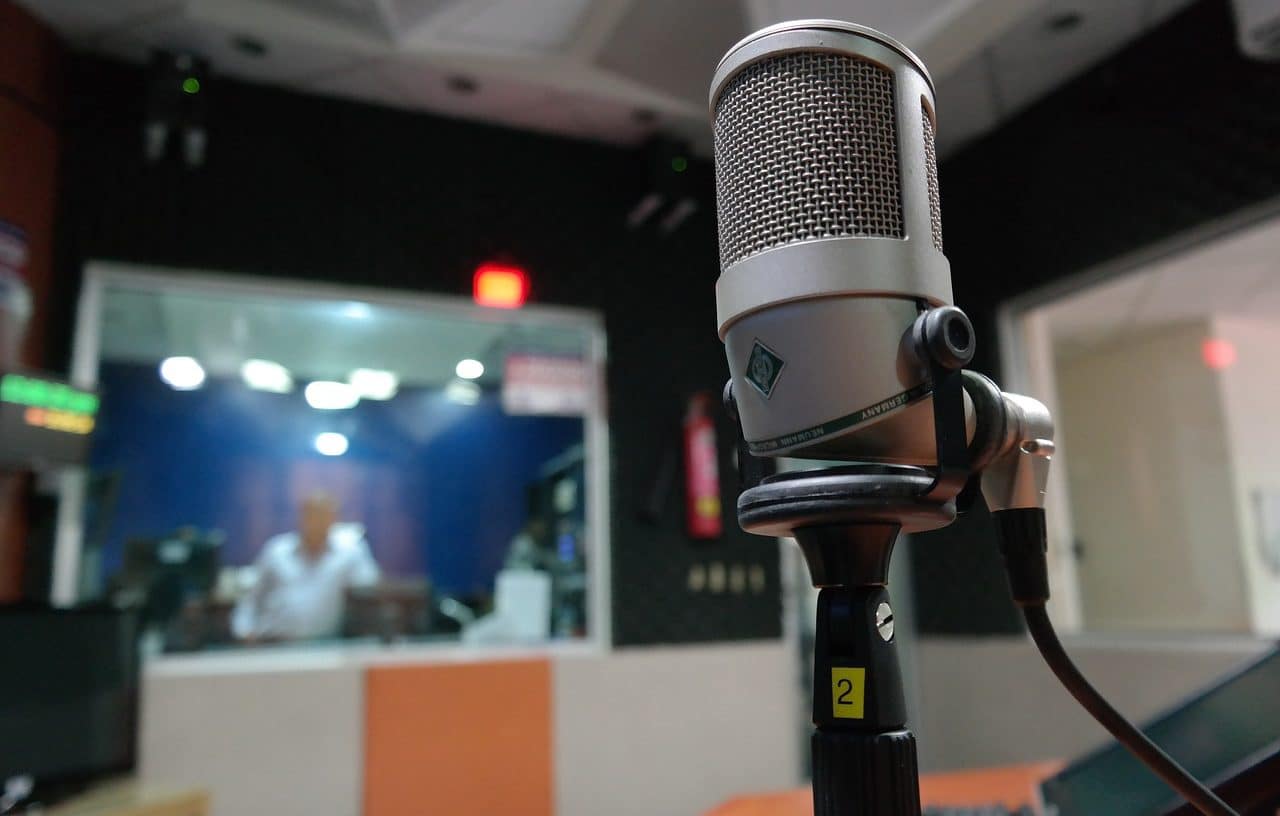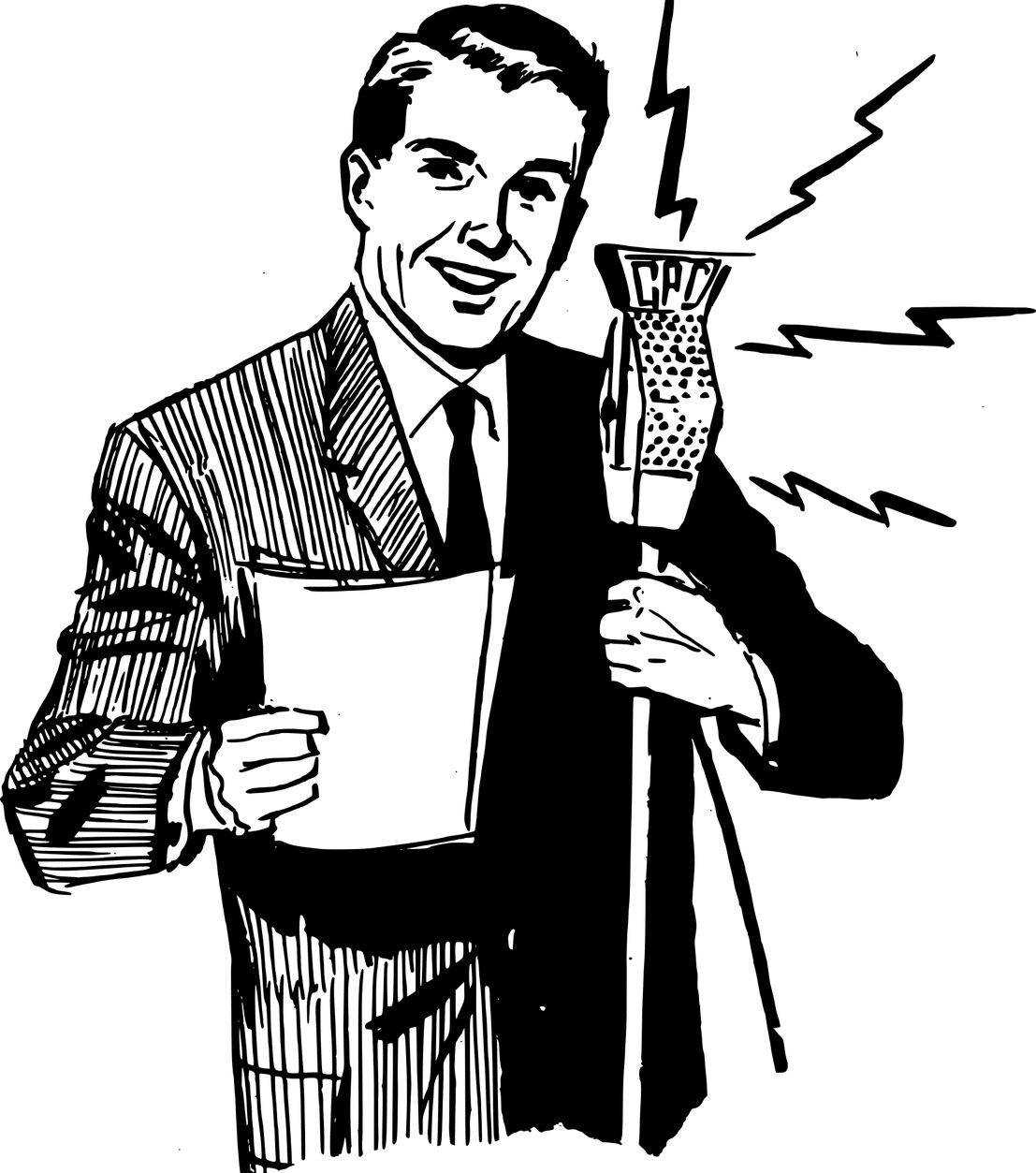
A radio play is a novel that is broadcast through radio broadcasting.
Radio drama is a concept that is used in some South American countries as a synonym for radio soap opera . It is a novel that is transmitted through radio broadcasting.
Radio drama, therefore, is made up of words, sound effects and music that allow a story to be told. Unlike soap operas that are broadcast on television, in this case the public must imagine the events since, obviously, the radio does not have images.
There are those who differentiate between radio plays and radio soap operas , pointing out that radio soap operas are series that are broadcast by episode, while radio plays are equivalent to plays (which begin and end in the same broadcast, without interruptions).
Characteristics of radio drama
As in other art forms, radio drama benefits from this limitation, since the actors and sound engineers must make a greater effort to communicate the stories, which can result in a more intense experience than that offered by television or the cinema, especially thanks to the intimacy that exists between the radio and the listener .
Whether or not we believe that "a picture is worth a thousand words" , it is undeniable that films should not take the time to textually describe the sadness of a character, or the intensity of the wind, as a writer should do in the lines that make up their creations. In the same way, the participants in a radio drama production need to ensure that the absence of visual images does not negatively affect the content or the audience's understanding, and this means that it cannot be compared with literature or cinema , even if the trends have achieved that the latter would displace him.
In the first half of the 20th century , radio plays were among the most popular entertainment alternatives around the world. However, the invention of TV made it lose space and, little by little, radio plays began to disappear. Currently, a very low percentage of radio programming is occupied by radio plays.

A radio drama allows a story to be told through words, sound effects and music.
"The War of the Worlds"
One of the most famous radio plays in history was broadcast on October 30, 1938 , when the American Orson Welles adapted the novel “The War of the Worlds” by HG Wells .
Although at the beginning it was made clear that it was a work of fiction, listeners who tuned in to the radio drama with the broadcast already started thought that, in fact, the Earth was being attacked by extraterrestrials. In this way, a popular unrest occurred and the emergency services collapsed in response to the people's calls.
Other examples of radio plays
Although radio drama does not currently enjoy the same popularity as other forms of entertainment , thanks to the work of those people who continue to believe in the potential of telling a story without visual images, it still retains its space in the radio world. Let's look at some examples of the presence of radio theater in the 21st century:
- In 2003 and 2004 , the Argentine producer and writer Alberto Migré collaborated with the resurgence of radio theater in his country through a program that was broadcast on Sunday nights, in a cycle he called " Permission to imagine ." One of the strong points of his proposal was the inclusion of high-profile actors and actresses.
- Also in Argentina , the renowned director and actress Nora Massi was in charge of a radio drama series broadcast by Radio Nacional .
- In Chile , "The Sinister Doctor Mortis" is a clear example of a radio drama series that remained alive over several decades, from the 40s to the 80s . The script was always written by Juan Marino Cabello and several stations published it throughout its presence in the medium.
- Until mid- 2003 , "Historias" was a radio drama program that was broadcast regularly on Radio 1 in Spain .
